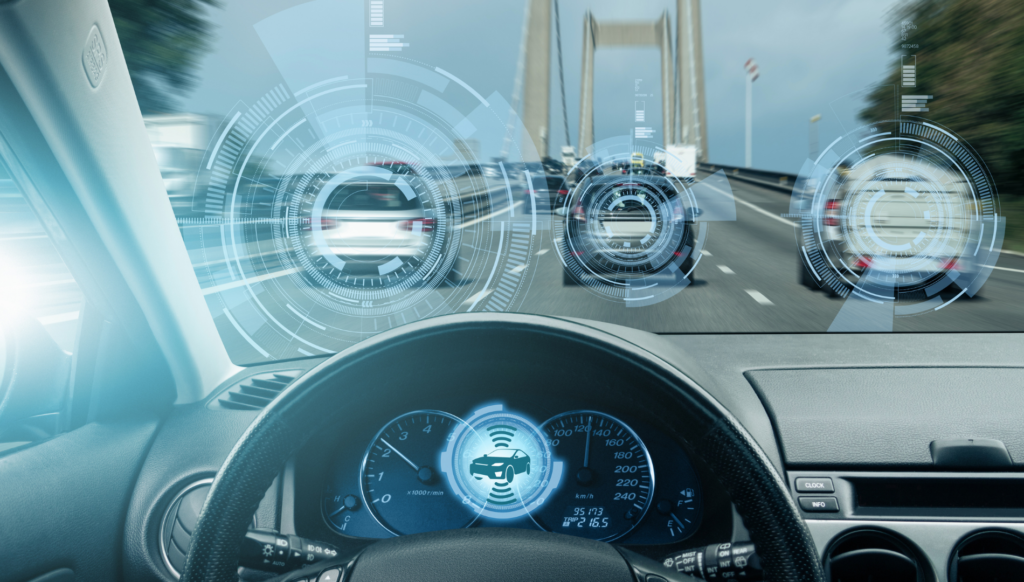Connected Vehicle Data
Connected vehicle technology has been developed significantly over the past few years and it could be suggested that this technology will become widespread soon. Connected vehicles are important since they are equipped with different systems that collect data about driver behavior and vehicle usage. These data are beneficial for various business areas one of which is the insurance sector.
Usage-Based Insurance (UBI)
Usage-based insurance is a type of insurance in which costs are determined by data regarding vehicle usage against time, distance, and behavior. It has several sub-forms such as “pay as you drive” and “pay how you drive” which reflect the properties of this type of vehicle insurance.
In the basic form of UBI, “pay as you drive”, the insurance premium is calculated according to the amount driven. However, the general form “pay as you drive” depends not just on the mileage but also on how one drives.
Essentially, UBI differs from traditional insurance services in terms of differentiating and rewarding drivers in order to give them lower premiums or bonuses for not claiming.

Use of Connected Vehicle Data UBI
Data collected from connected vehicles help insurance companies to develop different pricing strategies based on driver behavior. By monitoring drivers, statistics regarding speed, braking, steering, and acceleration could be obtained. These statistics are used to give “points” to drivers and make classifications such as “very good driver”, “poor driver” etc. which provide their user profile based on driver behavior.
Insurance companies track driving habits over a certain period and may offer discounts based on those data. Consequently, usage-based insurance could be made in which drivers are charged with different prices according to their obtained driver behavior and calculated points.
In addition, the data collected from connected vehicles help to annihilate the ambiguity in insurance procedures after an accident by providing real-time and place-based videos.
Potential Benefits of Telematics Data for Insurance Companies
Usage-based pricing serves as an incentive that encourages individuals to become more conscious on the roads and improve driver behavior. This outcome benefits insurance companies regarding better customer segmentation, adjustment of the claims process, and cost-saving.
In addition to usage-based pricing, with the help of different systems such as V2I, V2V, and V2X used in connected vehicle technology, a reduction will occur in the number of accidents and injuries. This will result in a decrease in claims and reduce the cost for insurance companies.
Use of Telematics Data Apart From UBI
Supporting usage-based insurance with location-based services (such as traffic congestion, and travel rate in risky areas) will help in:
- Fleet and vehicle tracking, above all, reduce the risk realization rates naturally by the more careful use of the vehicle by the driver who is followed and knows that she is being followed
- Providing customers with extra services such as accident detection and notification (e-call) through add-ons on the insurance mobile platform
- Providing economic driving and safety suggestions, sending notifications and warnings regarding vehicle tracking to insurance mobile platform users
- Recommendation of different insurance products suitable for vehicle and travel data.

GET UPDATES
To help us respond to your message, please provide us with some more information.
